Fielding alum, Dr. Aiden Hirshfield, is a media psychologist and professional media consultant. His work focuses on the intersection of media and gender diversity, looking at the ways individuals use and engage with emerging media technology to explore and validate their identities. His dissertation provides context for important research in this area and offers insight on best practices for gender-inclusive research.

Traditional social expectations of gender are being increasingly challenged by brave individuals who express themselves and identify outside of the gender binary (male/female). Gender is a social construct that differs greatly among cultures, generations, and geography. However, traditional depictions of masculinity and femininity, as well as, heterosexualism are omnipresent in mainstream media. Gender diverse individuals (those who identify outside of the male/female binary) often face extreme hardships and threats to their very survival in their day to day lives. And, the marginalization of gender diverse communities extends to limited representations of gender in traditional media which facilitates the further sense of isolation among these individuals. To compensate for the lack of representation in mass forms of media, the gender diverse community uses emerging media technologies, like social media, to explore and validate their identities. The goal of this study was to explore the use of Instagram selfies posted by gender diverse individuals in relation to body image. Instagram selfies were identified as windows through which the expression and dialogue surrounding diverse bodies can be observed. Using a form of content analysis, researchers reviewed 500 Instagram selfies posted by self-identified gender diverse individuals and coded them for themes related to body image. Results from this study suggest that body modification is a better predictor of self-acceptance than a sense of unity (or disjunction) between gender identity and body image. This is an important finding because it suggests that not all gender diverse individuals experience dysphoria or a desire to align with a particular gender. Future research must not assume that the experience of gender exploration (like transitioning) places individuals at odds with their physical characteristics, but rather potentially facilitates more opportunities for self-acceptance in gender ambiguity.
Here are some of the major results of this study:
- Body modification was the most present thematic category and appeared most frequently with modification tools such as clothing, hair, and accessories. Gender diverse individuals, like cisgender individuals, use common modification tools to express themselves in unique ways. Surgery and medical transitioning were NOT the most common body modification tools used by gender diverse individuals. Meaning that gender is being expressed in more flexible ways outside of the binary masculinity and femininity.
- Self-acceptance appeared most frequently in the Body Satisfaction theme. Contrary to major research in this area, gender diverse individuals do experience body satisfaction and self-acceptance without the need for medical transitioning. In other words, the experience of dysphoria is NOT an indicator of gender variance, nor is it a requirement.
- The majority of posts examined contained unique language related to gender identity and expression. This finding helps researchers and clinicians working in this area to expand their definitions of gender diversity, by using community-informed language.
Note from the author:
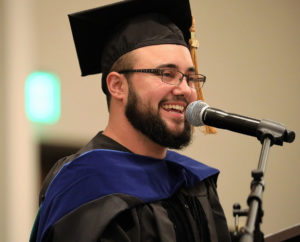
Aiden Hirshfield, PhD
This research was life-changing for me. As a queer and trans-identified scholar, I was deeply impacted by the articles I read and the posts that I coded. I spent months (ok, years) reviewing research conducted on transgender individuals with increasing discomfort. Unfortunately, most of what I read (especially concerning body image) was wrought with misinformation, painfully polarizing, and nearly entirely conducted by straight cisgender individuals. While I did not set out on a life’s mission to grapple with the complex field of gender or queer studies, I certainly could not sit idly by while the field of Media Psychology had a huge gap in understanding. There were times when I had to put down the work to confront my own experience and things that I read which still fire me up. The work is NOT done. I encourage other LGBTQIA+ folks to ask the hard questions, challenge the status quo, and keep pushing. Don’t forget to take care of yourself in the process and remember, you are not alone.
Dr. Hirshfield earned his PhD in Media Psychology from the School of Psychology at Fielding Graduate University.
This dissertation is available to Fielding students through the library, or upon request from aidenhirshfield@gmail.com
https://search.proquest.com/openview/c9942ceddf24a6bc775c03729a894f1b/1?pq-origsite=gscholar&cbl=18750&diss=y
You can also download the below poster covering this research.
Join Over 7,500 Fielding Alumni Located Around The World!
Change the world. Start with yours.™
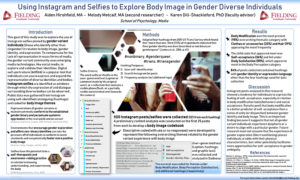
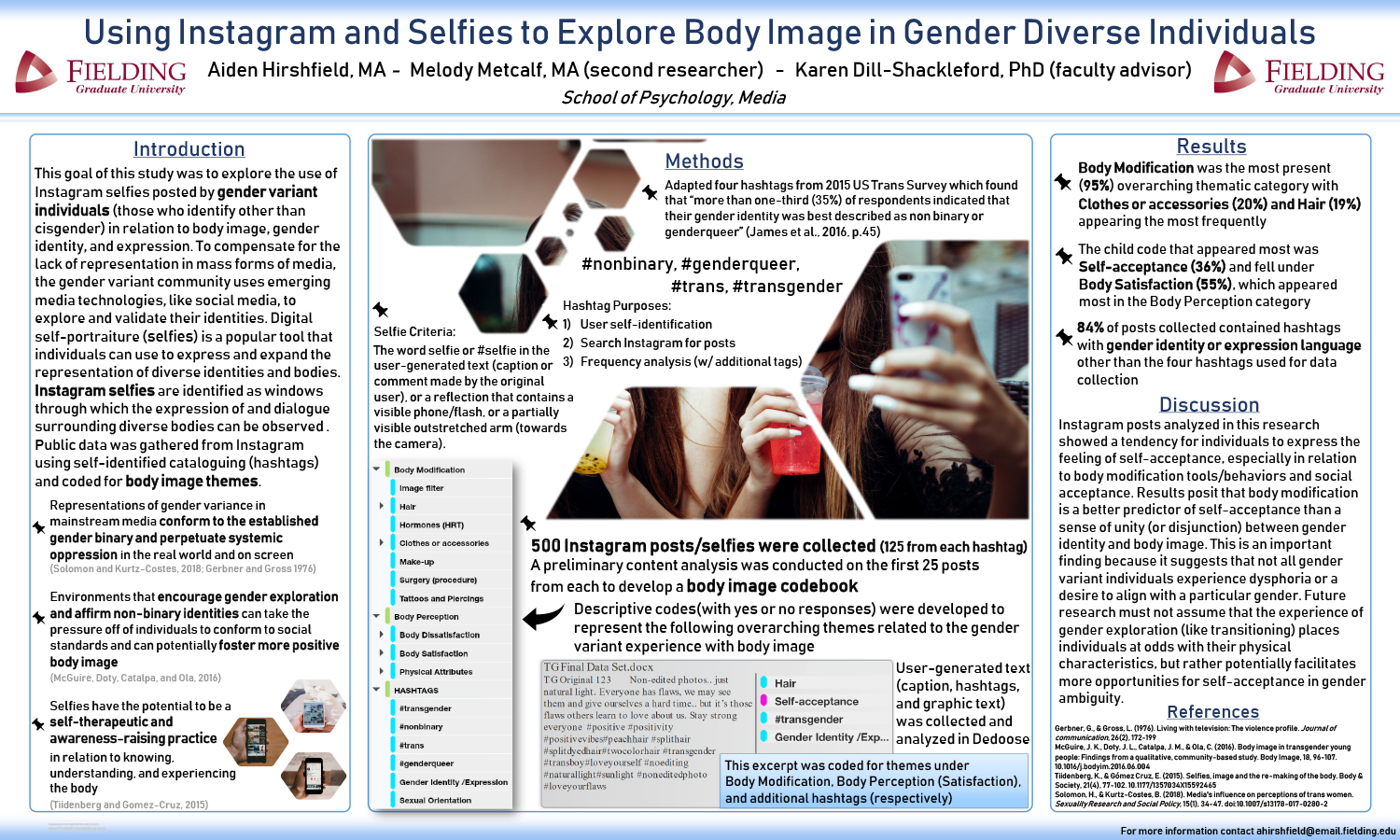
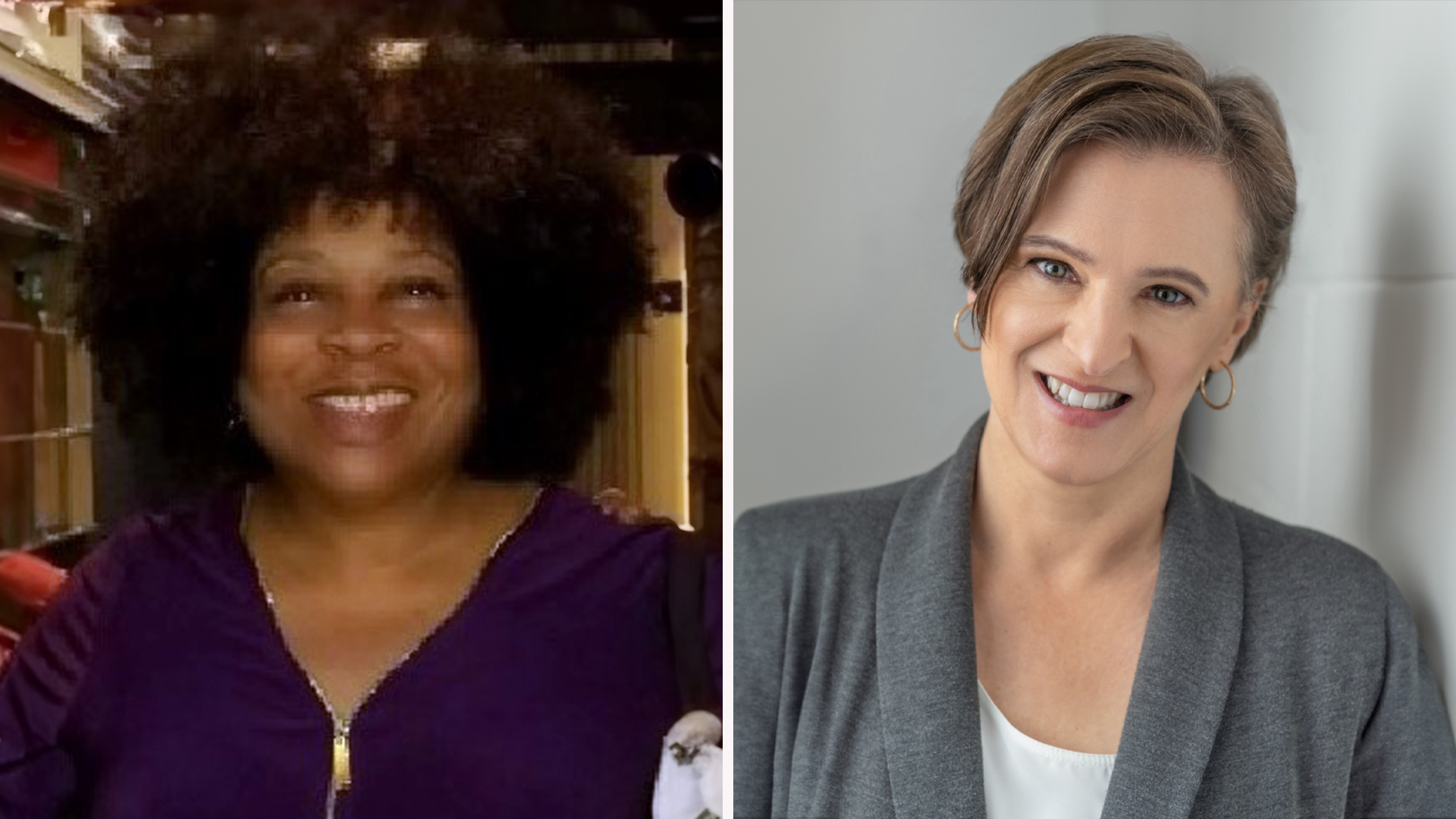
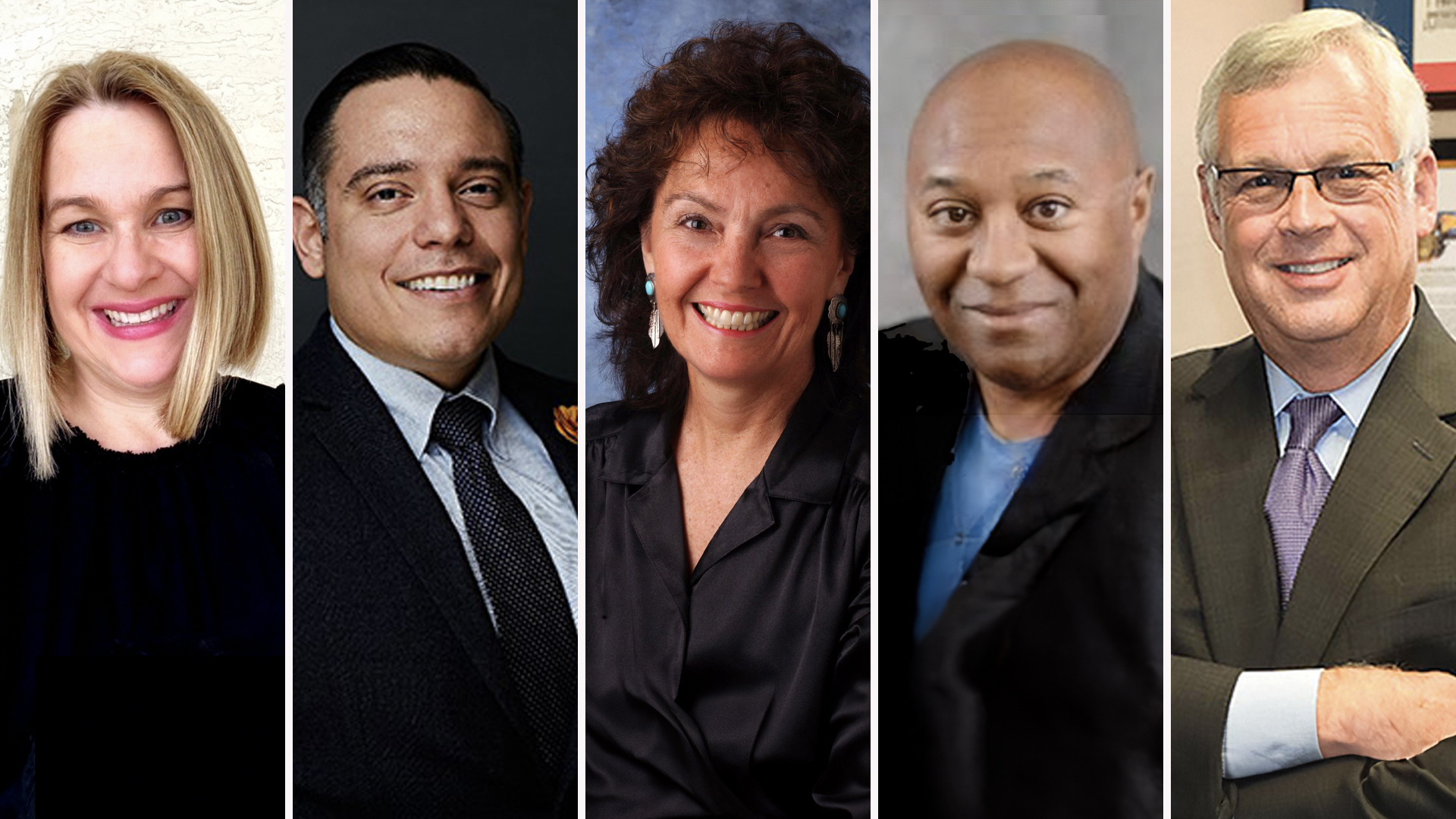
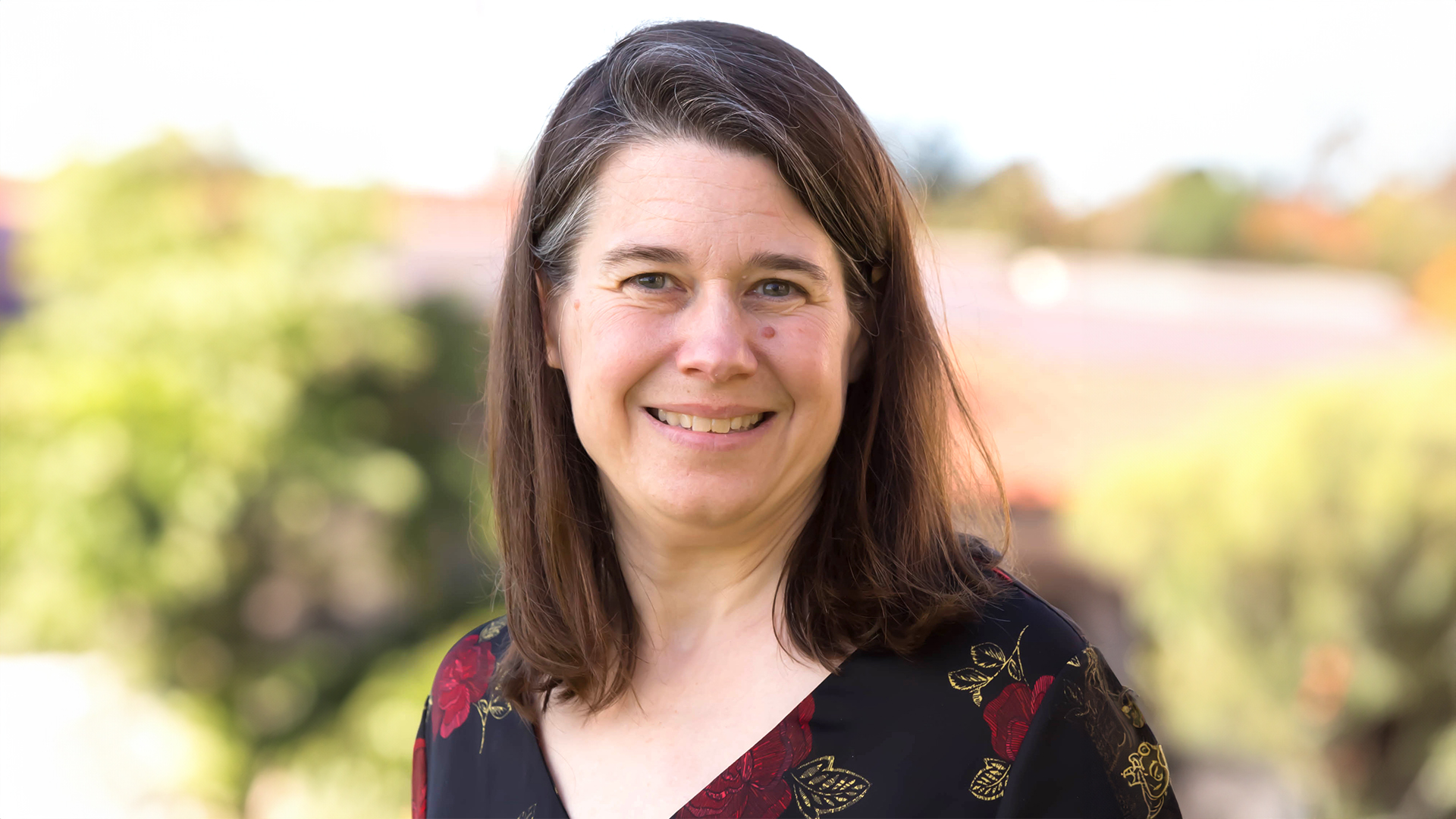



Get Social